Chief Adegoke Adelabu, fondly nicknamed “Penkelemesi” (a Yorùbá distortion of “peculiar mess”), was one of Nigeria’s most charismatic political figures before independence. Welcome to our historical session at Edutimes Africa,your number education news, innovation, scholarship and opportunities platform. Here are 15 mesmerising things to know about the great chief.
1. He Was Born Into Humble Beginnings
Adelabu was born on September 3, 1915, in Ibadan to a modest family. His mother died early in his life, and he was raised by a paternal aunt who valued education despite being a Muslim.
2. He Rose to Fame Through Education
A brilliant student, Adelabu excelled academically. He attended St. David’s CMS School, CMS Central School, and Government College Ibadan, where he became known as Joseph Adegoke Sanusi.
3. He Was a Child Prodigy
Adelabu received multiple double promotions in school and consistently topped his classes, earning scholarships and the admiration of teachers and classmates alike.
4. He Studied at Yaba Higher College
In 1936, he gained admission into Yaba Higher College (then Nigeria’s only tertiary institution) to study commerce with a scholarship from UAC, though he left after six months to work.
5. He Made His Mark in Business
His career began at UAC, where he was quickly promoted after writing a detailed report on cocoa trade reorganization. Later, he ventured into produce and textile trading.
6. He Was a Seasoned Civil Servant
He worked as an agricultural inspector and supervised a cooperative society before returning to UAC and then launching his political career.
7. He Was Drawn Into Politics Through Local Activism
Adelabu first engaged politically by supporting junior chiefs in a power struggle against Chief Salami Agbaje, helping write petitions and gaining visibility as a literate and persuasive advocate.
8. He Formed the Ibadan People’s Party (IPP)
In 1951, Adelabu co-founded the IPP, leveraging local discontent and anti-Ijẹbu sentiment. His party won all six Ibadan seats in the Western Regional Assembly.
9. He Was Loyal to the NCNC
While others defected to the Action Group, Adelabu remained with Nnamdi Azikiwe’s NCNC, becoming a regional secretary and later the party’s First National Vice President.
10. He Published a Political Book
In 1952, he authored “Africa in Ebullition,” a book that captured his political ideologies and vision for postcolonial Africa.
11. He Served as Federal Minister
From 1955 to 1956, Adelabu was Nigeria’s Federal Minister of Natural Resources and Social Services, representing NCNC in the coalition government.
12. He Was Chairman of Ibadan District Council
In 1954, after a sweeping local victory, he became Chairman of the Ibadan District Council, where he introduced reforms and led several committees.
13. He Faced Political Persecution
In 1955, an inquiry—believed to be politically motivated by the Action Group—investigated corruption in his council, prompting his resignation from both federal and local offices.
14. His Nickname ‘Penkelemesi’ Made Headlines
Known for his flamboyant oratory, Adelabu once referred to opponents as a “peculiar mess.” Yorùbá-speaking constituents twisted this into “Penkelemesi,” which stuck as his alias.
15. He Died Young But Left a Big Legacy
Tragically, Chief Adelabu died in a car accident on March 25, 1958, at just 42 years old. His death was widely mourned, and he remains one of Nigeria’s most iconic pre-independence politicians.
Conclusion:
Chief Adegoke Adelabu’s political brilliance, academic excellence, and powerful oratory made him a towering figure in Nigerian history. His legacy lives on in political discourse, street names, and the enduring phrase “Penkelemesi”—a symbol of his unique influence on Nigerian politics.

































































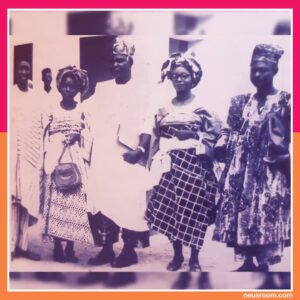

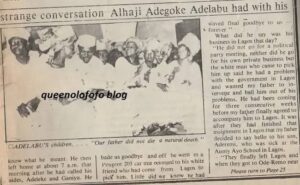

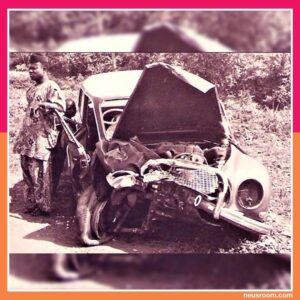


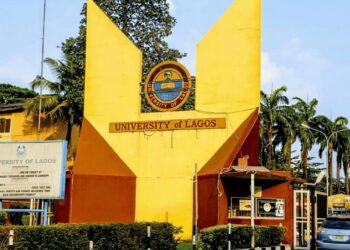
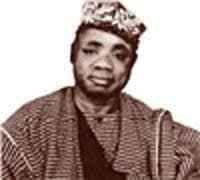

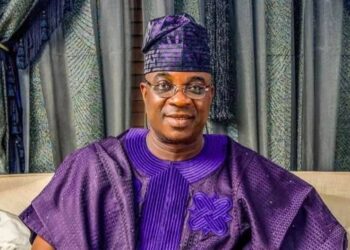
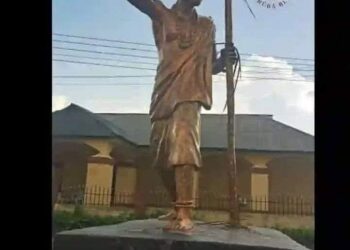










 EduTimes Africa, a product of Education Times Africa, is a magazine publication that aims to lend its support to close the yawning gap in Africa's educational development.
EduTimes Africa, a product of Education Times Africa, is a magazine publication that aims to lend its support to close the yawning gap in Africa's educational development.